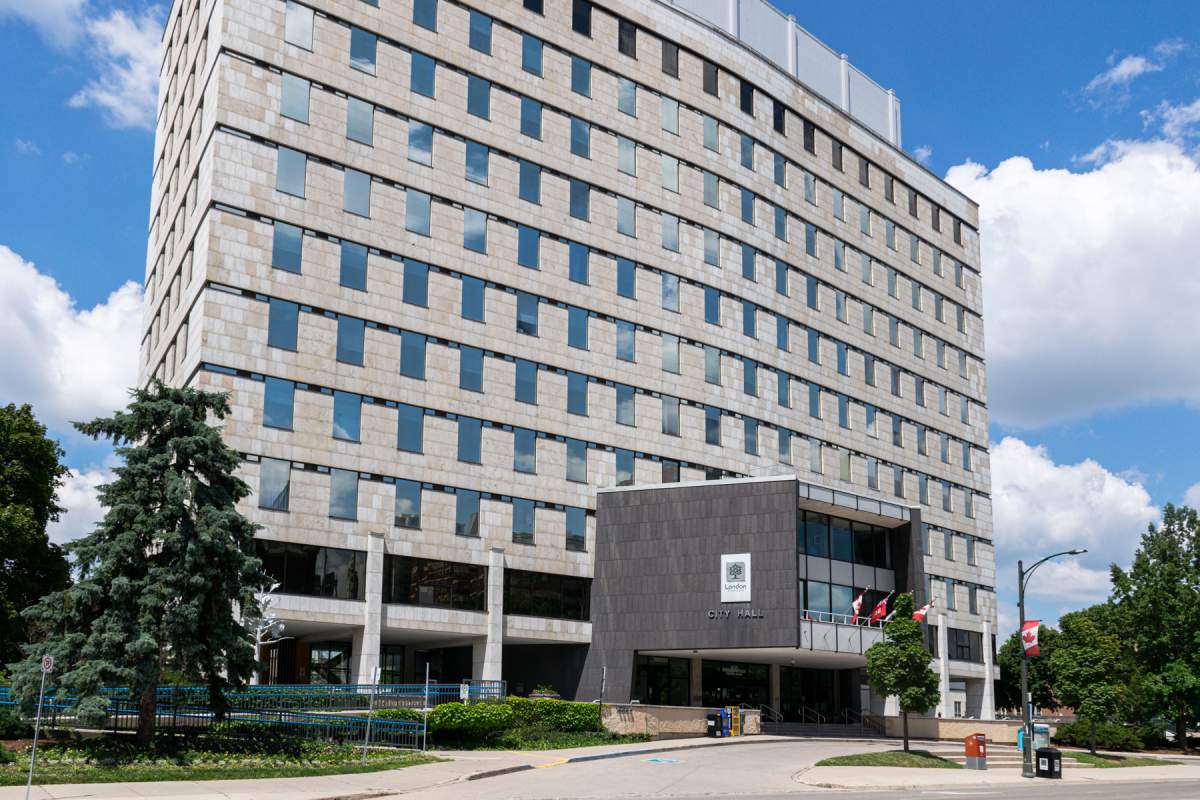A second member of London’s Accessibility Advisory Committee (ACCAC) has resigned from their post amid charges the city is breaching the Accessibility for Ontarians with Disabilities Act (AODA) by continuing to put the committee’s meetings on hold amid the coronavirus pandemic.

Michael Dawthorne announced his resignation Sunday night through an email sent to city councillors, other city hall officials, and members of the media.
“It is a disappointing end to over 10 years of service on this Advisory Committee (as well as a number of other roles within the City) during which time my commitment and dedication to our community has never wavered, not missing a single meeting in that time,” he wrote.
“I am not leaving in spite, or in anger, but in an effort to continue to support the community.”
His departure comes on the heels of the resignation early last week of the committee’s longtime chair, Jacqueline Madden.
Speaking with 980 CFPL on Wednesday, Madden said the committee had missed seven meetings since the pandemic began — the committee last met on Feb. 27 — and charged there had been little in the way of communication from the city regarding when members would be able to meet again.
Nearly all meetings of the city’s 13 citizen advisory committees have been scrapped since COVID-19 was declared a global pandemic in mid-March, despite a council decision over the summer that allowed such committees to meet virtually, if legislatively required, with approval of the city clerk.
Madden says ACCAC members agreed with the move by council and had been advocating for it for years.
“We responded with a letter saying we agree with this and giving them suggestions on how we could meet, and we didn’t hear a word back from anybody,” she told 980 CFPL’s Devon Peacock.

Get daily National news
Fed up, Madden resigned and later filed a formal complaint with the province alleging that the city was violating the AODA by holding up the work of the committee, whose very existence is mandated by AODA.
The act requires that all municipalities with a population of more than 10,000 people have an Accessibility Advisory Committee from whom city politicians can get advice about the requirements and implementation of accessibility standards.
Under AODA, if found guilty of an offence, the city would be liable upon conviction to a fine of not more than $100,000 for each day or part of a day on which the offence occurs tor continues to occur.
“The city has continued to do all of their regular business since March without any accessibility lens,” Madden said.
“Other advisory committees in other cities, some of them didn’t miss a single meeting. Others missed one or two and then got back on track,” she added.
In a recent interview with the London Free Press, City Clerk Cathy Saunders stated that committees who were legislatively required to meet would do so.
“Currently LACH (London Advisory Committee on Heritage) is meeting when required for legislative purposes,” she told the paper. “Any other advisory committee would meet if required to do so to meet legislative requirements.”
980 CFPL reached out to Saunders for comment via email.
“Advisory Committees that have an item or items legislatively required to be dealt with that fall within their mandate… would meet,” she replied.
“A meeting would be called if we are advised that such a legislative matter must be considered by the Advisory Committee”
“If you’re not going to consult with the advisory committee during a pandemic which disproportionately affects people with disabilities, when are you going to consult with them?” Madden says.
In his letter, Dawthorne writes that Madden’s resignation and the city’s subsequent response prompted him to evaluate his own continued involvement with the ACCAC.
“While initially willing to wait for committee work to resume, the response from the City, and notably the Clerk’s office, suggests such a resumption is unlikely in the near future,” he wrote.
“I believe Jackie’s claim of a breach of the AODA is accurate, and I cannot, in good conscience, continue to be associated with the committee.”
Dawthorne says he believes the ACCAC, under the langage laid out in AODA, already meets the city’s “legislative requirement” threshold to meet.
He added that the city’s Advisory Committee bylaw says that such committees are, in part, to “facilitate public input to City Council on programs and ideas and to assist in enhancing the quality of life of the community.”
“The handling of the pandemic, and any efforts to safely reopen services, would certainly fall within the scope of ‘enhancing quality of life,'” he wrote.
Dawthorne and Madden’s resignations come as the city is undertaking a review of its 13 citizen advisory committees.
The annual cost to the city of having the 13 committees — of which only three are required by law — comes to about $60,000 a year, not including staff time, or committee or council time.
Last year, the committees required more than 2,500 hours of city staff time and sat for a total of 198 hours, according to a recent report that went before the city’s Governance Working Group in August.
In his resignation letter, Dawthorne argued the committees provide options for consideration by councillors and, at times, eliminates the need for city staff to research and prepare reports.
“This would seem to suggest a savings exists by supporting and taking note of the work done by a dedicated group of volunteers,” he wrote.












Comments
Want to discuss? Please read our Commenting Policy first.